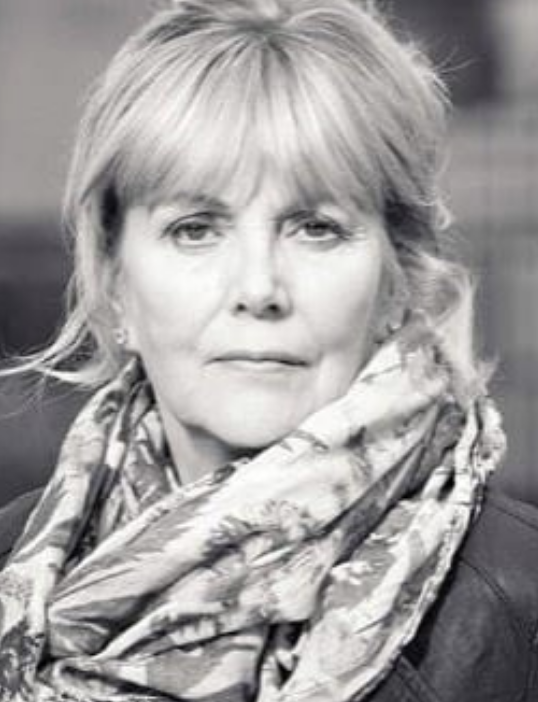On this date in 1951, award-winning author Kate Atkinson was born in York, England. As of this writing in 2025, she had published 15 novels and short-story collections — several adapted for BBC-TV series — with over 4 million copies sold worldwide. She was elected a Fellow of the Royal Society of Literature in 2010.
Born out of wedlock, she had an unsettled childhood fraught with anxiety while growing up without siblings above her parents’ medical supplies shop. “There was a lot of suppressed emotion,” she would later say, and was left largely to her own devices.
After earning an M.A. in English literature at the University of Dundee in Scotland, she worked toward a doctorate in American literature but did not complete it. Twice married with two daughters, she met both husbands at the university.
“If I had my time over again I would have five children at a young age when I had the energy, before I could even think about it,” Atkinson said later. “Being a mother is the most satisfying thing you can be. You know without a second thought or backward glance you would lay down your life for your child, and for me that is an extraordinary, amazing thing. You wouldn’t do it for anything else, but you would do it for your child.” (The Guardian, March 12, 2000)
She worked at a variety of jobs while writing short stories, breaking through in 1995 at age 43 with publication of her first novel “Behind the Scenes at the Museum.” It surprisingly won the prestigious Whitbread “Book of the Year” award over literary luminaries such as Salman Rushdie and inspired the headline “Unknown Chambermaid Wins Prize” (she once worked in a hotel).
While “Life After Life” (2013) was highly acclaimed by readers and critics, she considers its 2015 sequel “A God in Ruins” as her best work. “That’s the book I always wanted to write,” she said in 2019. Her oeuvre includes six books in the Jackson Brodie series about a private investigator, “an ultimate survivor and bruised optimist compelled to help others.” Five have been adapted for the BBC series “Case Histories,” also the name of the first Brodie novel in 2004.
While some of her characters have plenty to say about their religious beliefs or lack thereof, readers shouldn’t draw conclusions about Atkinson’s beliefs because of something a fictional character says: “I live to entertain, I don’t live to teach or to preach or to be political. If I have a job to do it is to entertain myself first and then everyone else afterwards.” (The Guardian, June 15, 2019) She says she writes fiction, not autobiography.
Ursula Todd, the central character in “Life After Life,” delves deeply into Buddhism and reincarnation. Atkinson: “I think about death a lot, I really do, because I can’t believe I won’t exist. It’s the ego isn’t it? I feel that I should retreat into a better form of Zen Buddhism than this kind of ego-dominated thing. But I don’t know, I mean, I want to come back as a tree but I suspect that it’s just not going to happen, is it?” (NPR, March 28, 2013)


